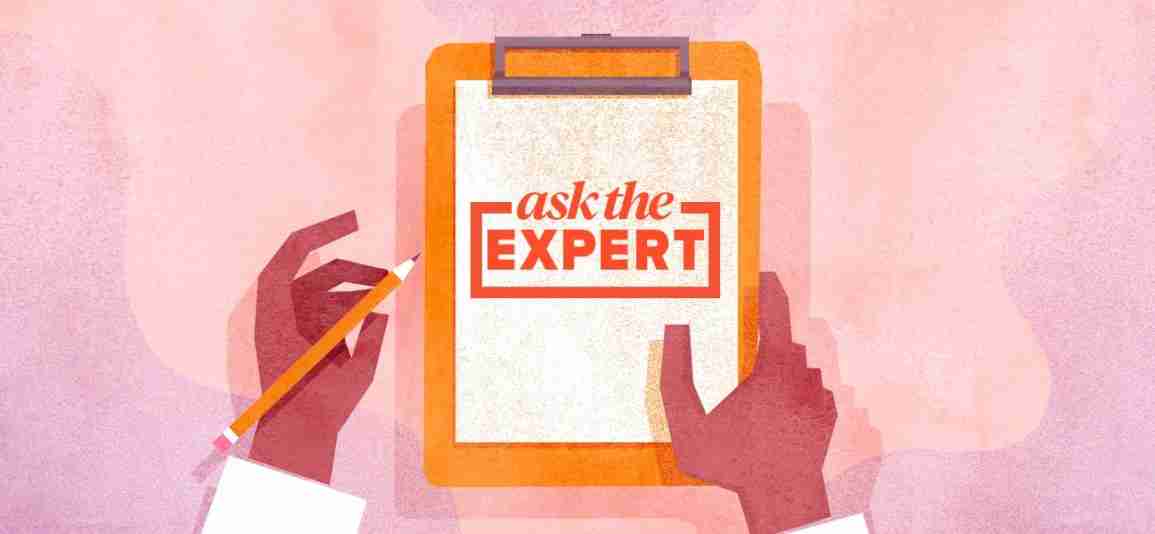Recall of metformin extended releaseIn May 2020, theFood and Drug Administration (FDA) recommended that some makers of metformin extended release remove some of their tablets from the U.S. market. This is because an unacceptable level of a probable carcinogen (cancer-causing agent) was found in some extended-release metformin tablets. If you currently take this drug, call your healthcare provider. They will advise whether you should continue to take your medication or if you need a new prescription.
1. Are there any risks to switching diabetes medication?
In general, as long as you’re following your healthcare provider’s advice, the risks of switching diabetes medication are low.
Saving money by switching from a brand name to a generic shouldn’t present any risk. Switching from one medication class to another, or to a different medication within the same class, may affect your blood sugar level. Test your blood sugar more often for a few days after switching and watch for early signs of low blood sugar levels.
2. What are some common side effects of diabetes treatment?
Side effects vary depending on the medication you take.
For example, metformin often causes bloating and gas. Glyburide, a sulfonylurea type of medication, can cause low blood sugar, headache, nausea, and dizziness. Sitagliptin, an example of a DPP-4 inhibitor, sometimes causes body aches, fever, cough, and a stuffy or runny nose.
SGLT2 inhibitors, such as canagliflozin, can increase chances of genital infections and cause more frequent urination. Rosiglitazone may cause body aches and pains, sore throat, fever, and in rare cases, heart failure. Because of this, it should be used with caution in people with cardiovascular issues.
Check with your doctor and pharmacist for information about your medication and its potential side effects.
3. What should I do if I experience side effects?
Mild side effects often fade away as your body becomes adjusted to the medication. If signs of low blood sugar occur, such as feeling sweaty and shaky, headache, or confusion, check your blood sugar right away.
If your blood sugar is low (70 mg/dL or below), do one of the following right away:
- Drink half a can of regular soda or 4 ounces of juice.
- Take a tablespoon of sugar, jelly, or honey.
- Take three glucose tablets.
- Eat seven or eight gummy bears or regular Life Savers.
Rest and check your blood sugar again in 15 minutes.
Serious side effects include nausea and vomiting, difficulty breathing, or swelling of your lips, tongue, face, or throat. If you experience any of these, seek emergency medical attention.
4. How can I manage the financial aspect of diabetes treatment?
A simple approach is to maintain a healthy diet and exercise plan. This will help reduce the amount of medication you need to manage your blood sugar. Always take your medications as directed and use generic medications if available.
If you need brand medications, ask your doctor for preferred brands covered by your insurance plan. For newer brands, manufacturers often offer discount cards to reduce out-of-pocket costs. You may have to register on the manufacturer website and restrictions may apply.
Check with your doctor or pharmacist to find out your options.
5. How will I know if my treatment plan is working?
Early on, you may notice you have more energy or simply make fewer trips to the bathroom to urinate. Your blood sugars should begin to regularly fall below 130 mg/dL before breakfast and below 180 mg/dL two hours after a meal.
After three or four months of following your treatment plan, your A1C value should begin to drop, eventually reaching the goal of less than seven.
6. How can a pharmacist help me manage my diabetes and heart health?
A pharmacist can help you by:
- reminding you of when to take your medication to get the most benefit
- reinforcing the importance of healthy meals and regular exercise
- providing assistance in understanding what your numbers mean (blood glucose and A1C values)
- advising you when to test your blood sugar
- telling you how often you should test your blood sugar
Pharmacists are often the most readily available health professional in your community and can assist you in a variety of ways. Many pharmacies have automated blood pressure kiosks and can review your blood pressure readings with you.
Some pharmacists even keep a blood pressure cuff in their medication consultation area. They can check your blood pressure upon request.
7. Can a pharmacist do tests and screenings?
In many states, a pharmacist can order tests, perform testing, and conduct screenings under specific protocols with doctors. Pharmacists can also perform blood glucose and A1C testing using monitoring systems designed for home use. These tests can only be performed in areas designated for handling needles and blood contamination.
8. Does it cost extra to talk to a pharmacist about managing my diabetes?
In most cases, there’s no charge to talk with a pharmacist about managing your diabetes. You may need to pay extra if the pharmacist is a certified diabetes educator or provides information and instructions on how to manage your diabetes as part of a structured program. Those fees are often covered by your insurance plan.
Alan Carter is an experienced PharmD who has served as Principal Investigator for NIH Drug Development Programs, directed business strategy for a regional pharmacy chain, and conducted medical formulary development and medication therapy outcome evaluations with extensive background in both community and hospital practice settings. Key accomplishments include exploring alternate methods for analytical evaluation of insulin, chairing Statewide Disease Management Councils, and establishing clinical pharmacy programs, provision of Continuing Medical Education, and supply chain pipeline and drug safety evaluation. Areas of focus include evaluation of medical products used in treating diabetes and neurologic and oncologic diseases. He’s also an author of 17 peer-reviewed medical publications as Adjunct Faculty at the University of Missouri-Kansas City.
